Democracy is basically antiauthority and antiauthoritarian. It is the demand for equal say in the political process at all levels and equal participation in the socioeconomic reward system. The greatest constraint on this thrust has been liberalism, with its promise of inevitable steady betterment via rational reform. To democracy’s demand for equality now, liberalism offers hope deferred. There has been a theme not merely of the enlightened (and more powerful) half of the world establishment but even of the traditional antisystemic movements (the “Old Left”). The pillar of liberalism was the hope it offered. To the degee that the dream withers (like “a raisin in the sun”), liberalism as an ideology collapses, and the dangerous classes become dangerous once more.
– Immanuel Wallerstein
–
In The End of History, by Francis Fukuyama, I discovered a book that I loved to hate. In it, Fukuyama portrays a right-wing fantasy about how the world has finally settled on liberal democracy with its concomitant market capitalism as the best of all possible ideologies. I loved it because it was a right-wing view so divorced from the political and economic realities of this planet that it clearly demonstrated to anyone with even a cursory knowledge of Latin American and African history, for example, how the right-wing is bankrupt of moral vision. And I hated it because if one didn’t know the history of how “democracy” came to the Third World, one would assume there is no longer any need to try and come up with a system that is both politically justifiable and economically fair.
Unlike The End of History, in Bikhu Parekh’s Rethinking Multiculturalism I discovered a book that I hate to love. The reasons for my profound ambivalence toward Parekh are complex. I love most of the theory Parekh advocates. The problem is that despite appearances, and Parekh’s seeming radicalness, he is firmly committed to the economic and political status quo, and that as such his call for reform really serves more as a distraction and a diversion from the real issues that underline political and social inequality.
But before addressing the nature and future of reform, I should wake up Fukuyama and anyone else dreaming of the end of history. In looking for a less abstract account of how “liberal democracy” has been spread around the world, one can do no better than to read Noam Chomsky. Because he is more interested in practice than in theory, his work is a veritable goldmine for those interested in digging up historical details. Here are just two instances. In the first, the Guatemalan general Hector Gramajo was given a fellowship to the John F. Kennedy School of Government at Harvard for his contribution to Central American liberal democracy. Chomsky notes that in a Harvard International Review interview Mr. Gramajo explains: “We have created a more humanitarian, less costly strategy, to be more compatible with the democratic system. We instituted civil affairs [in 1982] which provides development for 70 percent of the population, while we kill 30 percent. Before, the strategy was to kill 100 percent”—an obvious improvement (qt. in Year 501 29). In the second, the Reagonites were able quietly to explain the natural benefit of liberal democracy to the peoples of Angola and Mozambique with a cost of only “$60 billion dollars in damage and 1.5 million deaths from 1980 to 1988” (qt. in Year 501 29). One sees that reading Chomsky is like listening to a loud alarm clock, because according to those dreaming along with Fukuyama, the fact that both Guatemala and Angola are now embracing “liberal” democracy proves the natural appeal of capitalism. Also, it is very important to note the quotation marks around “liberal”—as in “liberal” democracy—lest we forget that non-market economic models were, prior to Washington’s “persuasive” arguments, overwhelmingly popular. But before we look closer at the interaction between “liberal” democracy and capitalism we need to address the issue closer at hand: What to make of Parekh’s call for reform?
The reasons for my profound ambivalence toward Parekh are complex. I love most of what Parekh advocates: for example, the need to recognize that humans are culturally embedded creatures; that dialogue is the only way to solve cross-cultural conflicts; that such conflicts are always contextual; and that cultures hold within them representations of “the good life” that can’t be legitimately ignored or undermined from the outside. Furthermore, his idea of “pluralist universalism” being a view that yields a prescription of the good life is attractive because it takes into account the differences and particularities of people in such a way as to allow one to advocate for a certain minimum standard of universal human rights. But most admirably, Parekh consistently maintains that “minimum universal values” will still need to be interpreted, prioritized, and adopted to differing cultural contexts, and reconciled in cases of conflicting views. That is, where there is a disagreement all we can do is ask for rational justifications and continue to press for change when we remain unconvinced that some cultural practice is not in violation of the minimum standards. From these ideas I gather that Parekh would not accept the killing of 30% of Guatemalans as a reasonable means of persuasion. Still, I would like Parekh’s ideas even better if they came with an explicit condemnation of violence as a means of conflict resolution. Since violence can be so affective and is so readily available to the powerful unless it is made politically and practically (covert violence is still violence) unacceptable, it is hard to see where the motivation will come from to talk through difficult problems and reach complex solutions that meet the standards of universal minimum values.
From the above descriptions, we can already begin to see there are two sides to Parekh’s work. There is a theoretical side, and a practical side. The theoretical side is what I really enjoy about Rethinking Multiculturalism, and the practical side is what I find implausible and distracting. The key to understanding the theoretical lies in understanding the interaction of human nature with human culture. I will take a closer look at this side shortly. The key to understanding the practical side—the side that advocates rewriting national constitutions and passing laws that apply only to some segments of the society, i.e. those whose particular cultural needs are not being addressed by the one-law-fits-all approach—is understanding that he is not at all interested in looking for the economic reasons for social conflict. But outside the ivory tower the concern is not differences of culture, but differences of income—and derivatively of political power as distributed across social classes. In other words, it is economic unfairness and not cultural differences that fuels the greatest social conflicts, and that is in need of the greatest reform. But before I spell out what’s wrong with Rethinking Multiculturalism, I should say more specifically what is right about it.
Parekh’s discussion of human nature is an important contribution to our understanding of ourselves us cultural creatures. Although he explicitly eschews cultural relativism as a fact that needs to be a part of any account of our species as social beings, his work effectively demonstrates that cultural relativism is indeed a reality. His views on multiculturalism are predicated on precisely the fact that no single individual from any one particular cultural viewpoint can legitimately pass judgment on someone of another culture without first coming to some understanding of the moral and ontological assumptions embedded in that culture. The resulting cross-cultural evaluation will then be a reflection of “our” values juxtaposed against “theirs” in a way that the pragmatic concerns for what has been agreed upon as minimal moral values are brought to the forefront and used as a standard for mutual evaluation of each other. In such conflict-resolution approaches, the emphasis is placed on advocating a persuasive interpretation of the minimal values as a means of prescribing universally accepted moral standards.
Specifically, Parekh describes culture as that which lies between the universal and the particular in human beings. What is universal (e.g., our biology) acquires—and is mediated by—different meanings that are associated with it by what is particular to any given culture. And likewise, what is particular to a culture (those things that distinguish one culture from another) are related to each other by virtue of being equally embedded in and limited by what is universal (e.g., our biology and existential conditions). This means that human beings are neither completely opaque nor completely transparent to each other.
Moreover, the relationship between biology and culture is not static for Parekh. Indeed, by joining the two concepts he yields what I believe is actually the most radical conclusion of the whole book. He writes that, “human nature does not exhaust all that characterizes human beings” (118). There is also the human condition to take into account, and as active participants in evolution we are in a dialectic with nature, which shapes us. Furthermore, this dialectic has created a situation where
… nature has been so deeply shaped by layers of social influences… [that] we cannot easily detach what is natural from what is manmade or social…. [In short] cultures are not superstructures built upon identical and unchanging foundations…but unique human creations…[that in turn] gives rise to different kinds of human beings. (122)
Parekh never actually proves this point nor does he ever spell out what the “different kinds of human beings” are. Nevertheless, like cultural relativism generally, I find it intuitively appealing for political reasons and not scientific ones—it is inherently unprovable and metaphorical in nature—because it forces us to consider the ontological status of cultural differences on an equal par with similarities. Such an understanding allows us to evade both the biological determinism and the cultural determinism of naturalists like Montesquieu and culturalists like Herder. Also, by embracing both the universality and the particularity of people and cultures we acknowledge an obligation to respond to different people and cultures more holistically.
However, the danger of believing in “different kinds of human beings” is that someone might come along and argue that some kinds of humans are more important than others, and that is why the idea of cultural relativism is so appealing to me. In effect, cultural relativism states that if one culture is valuable then all cultures are valuable. There are real differences between cultures that simply can’t be theorized coherently because the very notion of coherence only has meaning from a consistent set of cultural values. Multiculturalism is itself such a set of liberal cultural values. It can be pragmatically applied to actual cultural conflicts, but cannot yield any meta-view on the inherent worth of culture as such.
For that reason, the value of Parekh’s work lies in its attempt to theorize from an academic perspective on the practical consequences of cultural relativism. But Parekh denies the role that the assumption of cultural relativism plays in his formulation of “pluralist universalism,” and in doing so he misses the value of his own work.
The problem with Parekh is that he wants to use his understanding of multiculturalism as a foundation for sweeping political reforms that, one, are not really that sweeping; two, are completely unrealistic and impractical; and three, the advocacy of which can only serve as a distraction from the serious problems of the failure of “liberal” democracy more generally. Indeed, judging from the examples that Parekh uses as cases of injustice—Rushdie, turbans, circumcision, etc—the world situation would seem to be in pretty good shape. I don’t mean to imply that his examples are not real concerns for real people, but only that judging from the radicalness of Parekh’s prescription one might be led to assume that those are the greatest ills facing our generation. But given the fact that Parekh is so reform-minded that he is willing to completely rewrite national constitutions so as to be more flexible, and our legal system so as to undo the inherent inequality that results when we treat people with different histories and cultures “equally,” one would think he wouldn’t shy away from addressing some of the unfair ways that our economic and political system are manifest in contemporary societies. But instead of trying to make the existing political system work more fairly, he chooses to advocate for the much more radical idea that the systems and centers of authority should be multiple and local; and that sovereignty should be shared both intra-nationally and inter-nationally through “cross-border” political organizations. These are views that I can’t fathom being possible to implement or make functional, and hence I can’t take them or him seriously as a reformer. Parekh makes recommendations that can’t possibly be put into practice under the existing socio-economic structures, and hence his whole project risks confusing the issues and making the work of more serious-minded reformers harder.
From the fact that he is an economist and a reformer—who is not an economic reformer—one can only draw the conclusion that he is satisfied with the economic system. In effect, his ideas about how to reform society presuppose that a functioning economic and political system is already in place. That false assumption is precisely the starting point for real political reformers.
Serious reformers realize that there are two large impediments to social change. The first is the unfair concentration of the world’s wealth and the monopolization of the world’s resources by the wealthy. The second is a political and social system that protects the wealthy from democratic forces. Consider, for example, what one would rationally expect from a free democratic system. In a democracy, where people vote along their own economic interests, one would expect a situation in which wealth is not heavily concentrated in the hands of a very few. In other words, if everyone votes to increase their own share of the economic spoils, then, given that no one person’s vote is worth more than another, no one would be able to take possession of those spoils to the disproportionate degree that we find in contemporary life. But democracy is not working as one would expect, as Michael Parenti demonstrates when he explains the findings of the economist, Paul Krugman, in his article, “The Super Rich Are Out of Sight.” In it, Parenti explains why the wealthiest people, “go uncounted in most income distribution reports.” He also provides statistics on income distribution:
…not only have the top 20 percent grown more affluent compared with everyone one below, the top 5 percent have grown richer compared with the next 15 percent. The top one percent have become richer compared with the next 4 percent. And the top 0.25 percent have grown richer than the next 0.75 percent. That top 0.25 percent owns more wealth than the other 99 percent combined.
Given that over 80% of the American population believe, “the economic system is ‘inherently unfair,’ and that working people have too little say in what goes on in the country” (Profit Over People 55), the need for an explanation becomes pressing for the reformer.
Such an explanation for economic inequality is to be found in the political and social arenas. Politically the explanation, and focal point for the reformer, comes by looking at where the democratic system is being distorted, i.e. the electoral process. Consider the impact of these figures on elections: “In US electoral politics…the richest one-quarter of one percent [0.25%] of Americans make 80% of all individual political contributions and corporations outspend labor by a margin of 10 – 1” (Profit Over People 11). From these figures one can see, as I argued in class, that our political system—our most important public resource and institution—has been in effect privatized. With political and hence economic decision-making priced out of reach of the vast majority of people one comes to understand who exactly our representatives are representing.
However, if the political system is protecting the economic system, we have still to ask what is protecting the political system? After all, we do live in a democracy. For the answer to that question we have to look at three sectors of society more closely, the public relations experts, the news media, and the ivory tower.
First let’s consider the experts. Noam Chomsky quotes Edward Bernays, Walter Lippmann, Harold Lasswell, and Reinhold Niebuhr, some of the most powerful figures in public relations. Chomsky begins with what Bernays wrote in the Annals of the American Academy of Political and Social Science:
‘The very essence of the democratic process’ is ‘the freedom to persuade and suggest,’ what [Bernays] calls ‘the engineering of consent.’ ‘A leader,’ he continues, ‘frequently cannot wait for the people to arrive at even general understanding… Democratic leaders must play their part in…engineering…consent to socially constructive goals and values,’ applying ‘scientific principles and tried practices to the task of getting people to support ideas and programs.’….Similar ideas are standard across the political spectrum…. The dean of U.S. journalists, Walter Lippmann, described a ‘revolution’ in ‘the practice of democracy’ as ‘the manufacture of consent’ has become ‘a self-conscious art and a regular organ of popular government’ …. later, Harold Lasswell explained in the Encyclopaedia of the Social Sciences that we should not succumb to ‘democratic dogmatisms about men being the best judges of their own interests.’ ….When social arrangements deny [the rulers] the requisite force to compel obedience, it is necessary to turn to ‘a whole new technique of control, largely through propaganda’ because of the ‘ignorance and superstition [of]…the masses.’ In the same year, Reinhold Niebuhr argued that ‘rationality belongs to the cool observers,’ while ‘the proletarian’ follows not reason but faith, based upon a crucial element of ‘necessary illusion.’ …Niebuhr urged that those he addressed…recognize ‘the stupidity of the average man’ and provide the ‘emotionally potent oversimplification’ required to keep the proletarian on course to create a new society. (Necessary Illusions 18).
Knowing the history of the public relations industry not only goes a long way to understanding how the majority in a democracy allows 0.25% of the wealthiest to own almost everything, but it also gives us some context for Samuel Huntington’s seemingly bizarre advice in American Politics (1981): “The architects of power in the United States must create a force that can be felt but not seen. Power remains strong when it remains in the dark; exposed to the sunlight it begins to evaporate.” And while pointing out the function of the so-called communist threat (today he would call it the terrorist threat), Huntington adds, “You may have to sell [intervention or other military action] in such a way as to create the mis-impression that it is the Soviet Union (read Al-Quaida) that you are fighting. That is what the United States has been doing ever since the Truman Doctrine” (Profit Over People 140).
For those of my readers who might be wondering, “If all this is true, why haven’t we heard more about it?” we need only turn to the second part of the initial question of what is protecting the political system as it protects the economic system? In other words it is time to look more closely at the news media.
First of all it is important to note that just as the concentration of wealth has been increasing, the concentration of the media has followed suit. In 1982, 50 media firms controlled almost all forms of the mass media. In 1990, that number had gone down to 23 firms. In 2002 we were down to 9—Disney, AOL Time Warner, Viacom, News Corporation, Bertelsmann, General Electric, Sony, AT&T-Liberty Media, and Vivendi Universal. Today, only 6 transnational conglomerates control and own almost everything . (Manufacturing Consent xiii).
Traditionally the function of a free news media has been that of “watch dog.” Its role in a democracy is to keep our leaders honest by being free to report the news unfiltered by the demands of the powerful. But this role is in direct conflict with the media’s status as a group of for-profit organizations that are owned by the people that own the country and the political system—that 0.25%. That is to say, despite the mythology of the reporter as “watch dog” the fact is they are working for the rulers and not the ruled. In other words, “the major media—particularly, the elite media that set the agenda that others generally follow—are corporations ‘selling’ privileged audiences to other businesses. It would hardly come as a surprise if the picture of the world they present were to reflect the perspectives and interests of the sellers, the buyers, and the product” (Necessary Illusions 8). For those interested in a more precise analysis of how the media shape our world view I suggest reading Edward S. Herman and Noam Chomsky’s monumental work on the subject, Manufacturing Consent: The Political Economy of the Mass Media. But for the purpose of this paper it suffices to briefly mention the five filters that Herman and Chomsky determined that information must pass through.
• Only the very rich can set up and run major news outlets.
• Advertising revenue determines the success of the news producers.
• “The source of much news is determined by government and corporate organizations, which may have many thousand of employees dedicated to providing appropriate material” (Smith 200).
• The ability of corporate-supported Think Tanks and organizations to produce “flak,” the negative and costly reactions of the populace against the media for being too “liberal.”
• The ideological filter, namely, the ability to exclude views by labeling them communist—or in today’s world—sympathetic to terrorists.
Aside from the public relations industry and the media, the third and last shield that protects the massive economic inequality that is ultimately responsible for most of the social and cultural conflicts both inside and outside the United States is the education system, from which people like Parekh protect the economic and political systems by pursuing “reforms” that leave the real structure of domination and control untouched while feeding us utopian fantasies.
Institutes of higher education have their own complex systems of filters, not too unlike those of the media. Noam Chomsky, who is a real reformer as well as an “Institute Professor” at M.I.T.—meaning that he is qualified to teach in any department—gives us an insider’s view:
…it’s extremely important that there not be a field that studies these questions [on the political economy of democracies]—because if there ever were such a field, people might come to understand too much, and in a relatively free society like ours, they might start to do something with that understanding. Well, no institution is going to encourage that. I mean, there’s nothing in what I just said that you couldn’t explain to junior high school students, it’s all pretty straightforward. But it’s not what you study in a junior high school Civics course—what you study there is propaganda about the way systems are supposed to work but don’t.
Incidentally, part of the genius of this aspect of the higher education system is that it can get people to sell out even while they think they’re doing exactly the right thing. So some young person going into academia will say to themselves, “Look, I’m going to be a real radical here”—and you can be, as long as you adapt yourself to these categories which guarantee that you’ll never ask the right questions, and that you’ll never even look at the right questions. But you don’t feel like you’re selling out, you’re not saying “I’m working for the ruling class” or anything like that—you’re not, you’re being a Marxist economist or something. But the effect is, they’ve totally neutralized you. (Understanding Power 242)
One can almost see Parekh think, “I’m being a real radical here.” But my purpose is not to pick on Parekh, with whose ideas I almost always agreed. My purpose is to draw us back away from the distraction that his ideas pose and to the real issues facing any serious reformer.
Sri Aurobindo, the great Indian yogi, philosophy, poet, and a leader of the nationalist independence movement, wrote that there are only two possibilities for the future political unification of the world. The first is that of, “the control of the enormous mass of mankind by an oligarchy,” but he warns that this, “would lead to an unnatural suppression of great natural and moral forces and in the end a tremendous disorder, perhaps a world shattering explosion” (Aurobindo 407). The other possibility is:
…the ideal of unification of mankind [that] would be a system in which, as first rule of common and harmonious life, the human peoples would be allowed to form their own groupings according to their natural divisions of locality, race, culture, economic convenience and not according to the more violent accidents of history or the egoistic will of powerful nations whose policy it must always be to compel the smaller or less timely organized to serve their interests as dependents or obey their commands as subjects. (Aurobindo 406).
In other words, either we work for a situation where the rich and powerful nations continue to dominate at the expense of the poor and weak ones—half of the world’s population continues to live on less than $2 a day. Or, we give up the goal of global domination and work to establish an international body of democratically elected law makers. This is what it means in today’s Global Village to be an advocate of democracy.
The situation is getting increasingly grim. The figures listed about it are especially horrifying when looked at from a global perspective: That the “top 0.25 percent owns more wealth [in the United States] than the other 99 percent combined” is doubly distressing when one considers that, as is often noted, the resource distribution of the world from the point of view of a village of 100 people would mean that six of them (all from the United States) would own 60% of the world’s wealth. Those “six people” are probably the same 0.25% of Americans who own more than 99% of the rest of the population. No wonder the rich want to surround themselves with Star Wars—to keep the have-nots away.
Actually, according to Immanuel Wallerstein, the founder of economic world-systems analysis , the third-world has had enough. Among a long list of problems facing liberal democracies because of the economic unfairness that capitalism perpetuates, he gives us warnings about “North-South” conflicts: “Even more serious, who will limit North-South little wars, not only initiated, but deliberately initiated, not by the North but by the South, as part of a long-term strategy of military confrontation? The [first] Gulf War was the beginning, not the end, of this process. The United States won the war, it is said. But at what price?” (Wallerstein 451).
Whatever the answer, one can see three things: one, history is far from ending; two, Parekh is beside the point; and three, any real solution to our very serious social problems will have to come from taking an honest look at those aspects of our economic and political system that are fueling them. We have good systems already in place, we just need to make them work the way they were intended. As long as our leaders continue to be bought, and our corporations shielded from market forces, the populations of the world will continue to pay for the free market.
Works Cited
Aurobindo, Sri. The Human Cycle; The Ideal of Human Unity; War and Self-Determination. 7th ed. Pondicherry, India: Sri Aurobindo Ashram, 1997.
Chomsky, Noam. Year 501: The Conquest Continues. Boston: South End, 1993.
---. Deterring Democracy. NewYork: Hill and Wang, 1997.
---. Necessary Illusions: Thought Control in Democratic Societies. Boston: South End, 1989.
---. Profit Over People: Neoliberalism and Global Order. New York: Seven Stories, 1999.
---. Understanding Power: The Indispensible Chomsky. Eds. Peter R. Mitchell and John Schoeffel. New York: The New Press, 2002.
Herman, Edward S. and Noam Chomsky. Manufacturing Concent: The Political Econmy of the Mass Media. New York: Pantheon, 2002.
Parekh, Bhikhu. Rethinking Multiculturalism: Cultural Diversity and Political Theory. 2nd ed. Cambridge, MA: Harvard UP, 2000.
Parenti, Michael. “The Super Rich are Out of Sight.” Michael Parenti Political Archive. January 2000. 7 June 2004.
Smith, Neil. Chomsky: Ideas and Ideals. Cambridge, England: Campbridge UP, 2000.
Wallerstein, Immanuel. The Essential Wallerstein. New York: New Press, 2000.






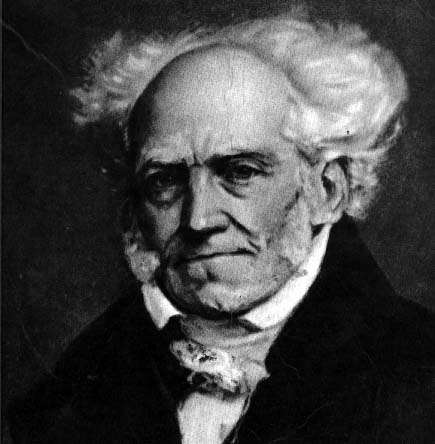


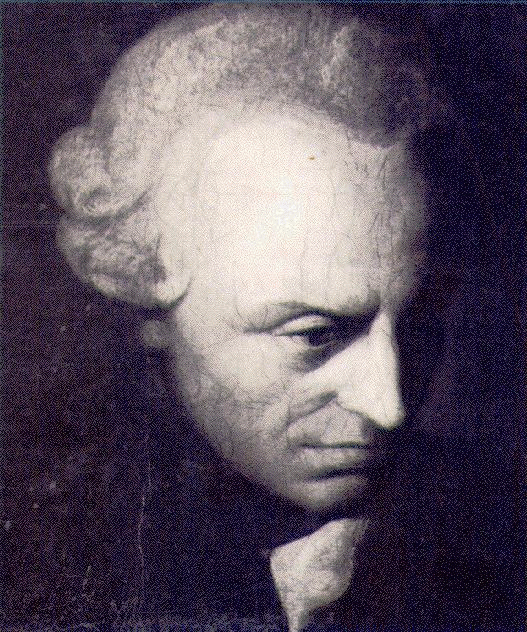
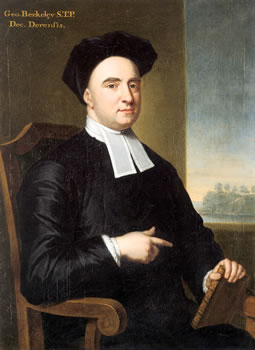















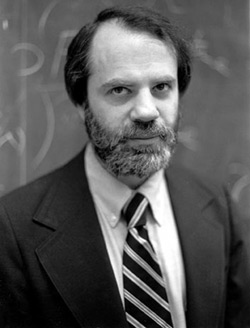


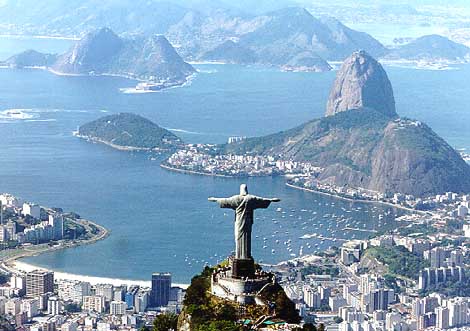
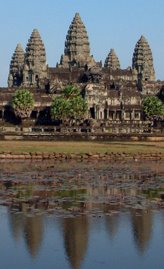
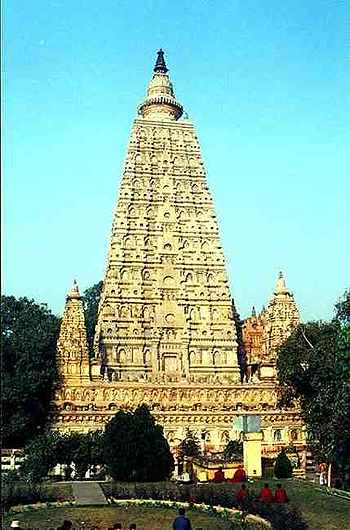



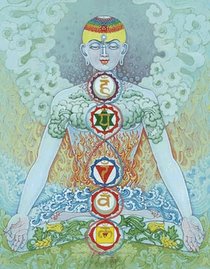



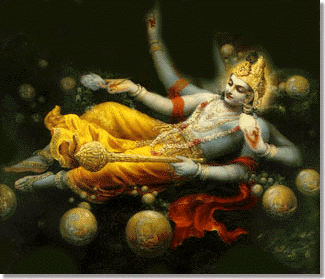





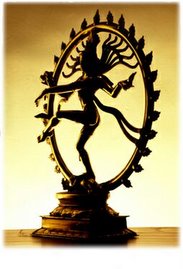



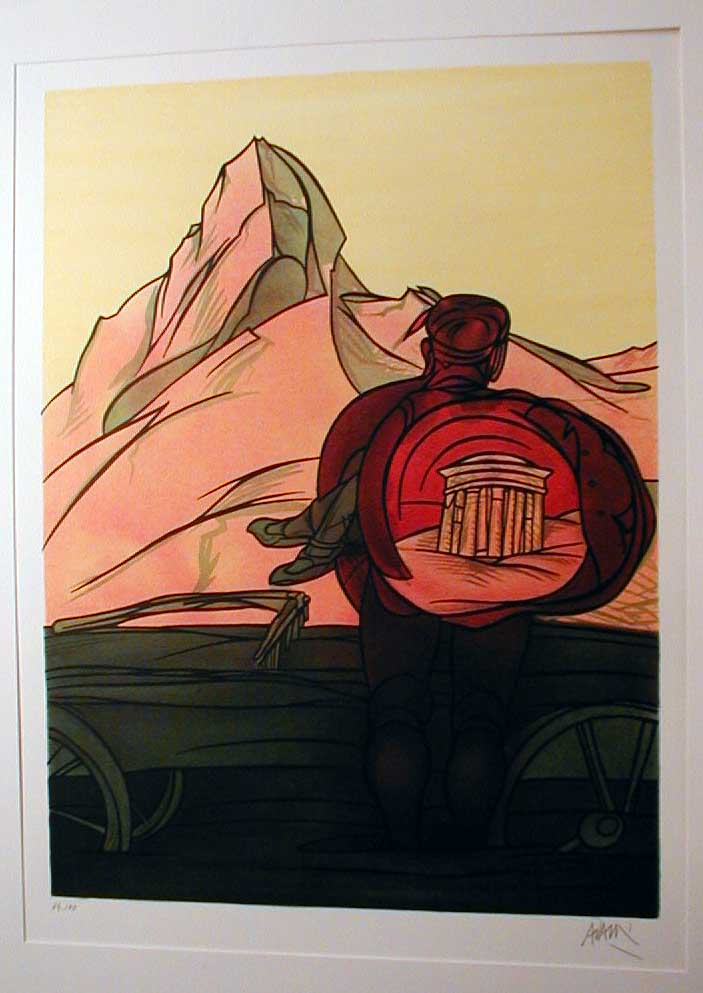
















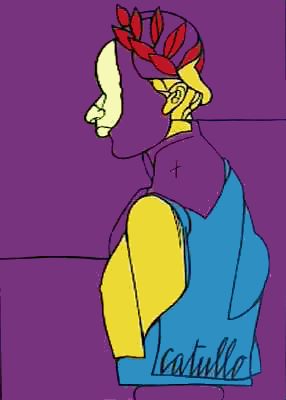



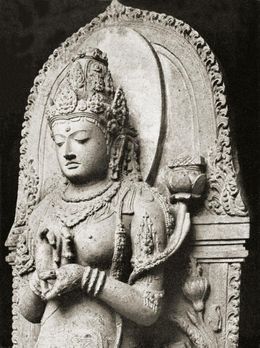
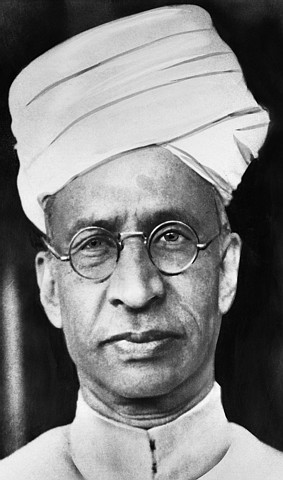
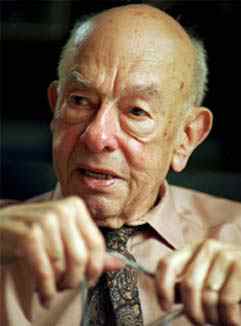





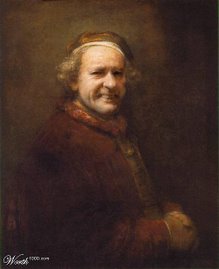







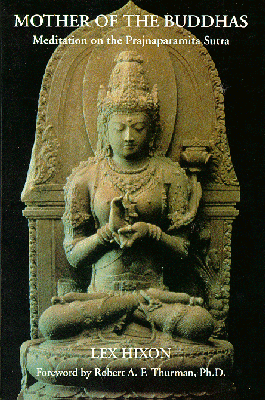
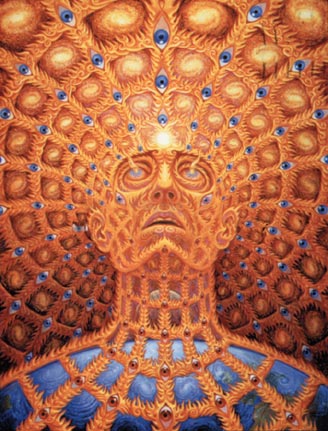
No comments:
Post a Comment